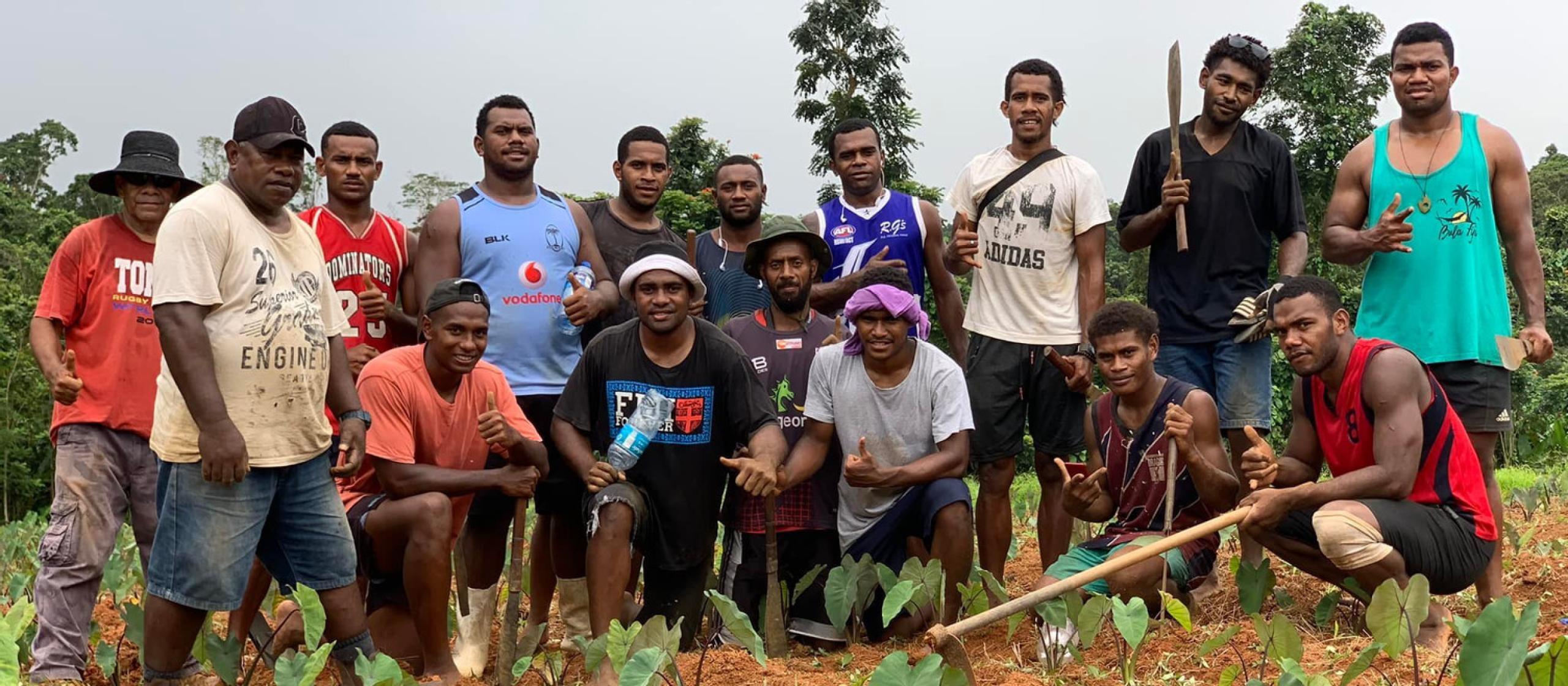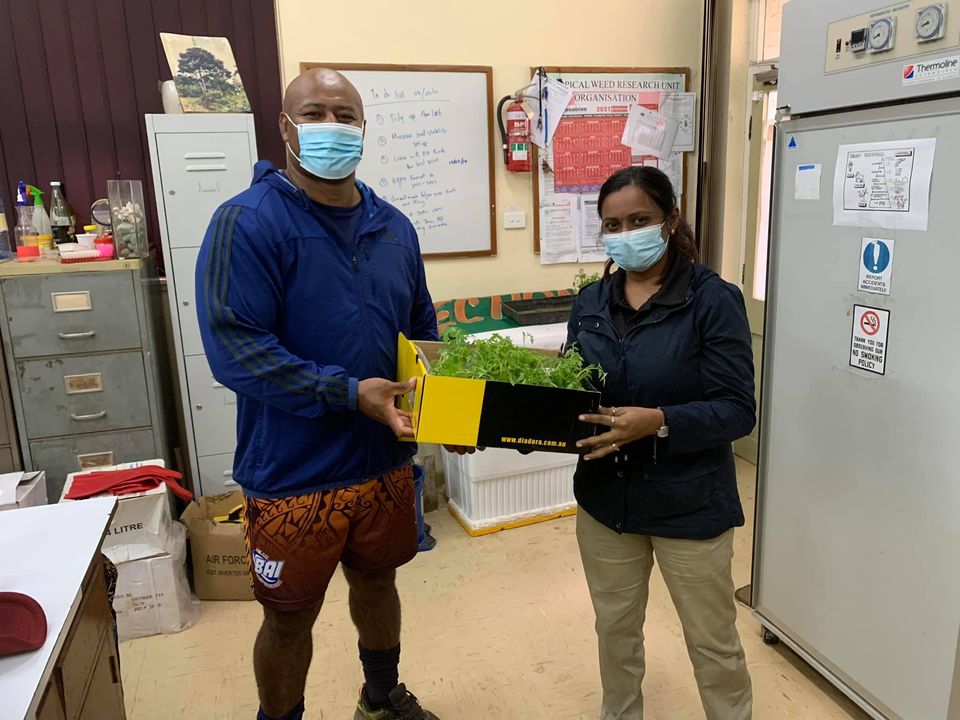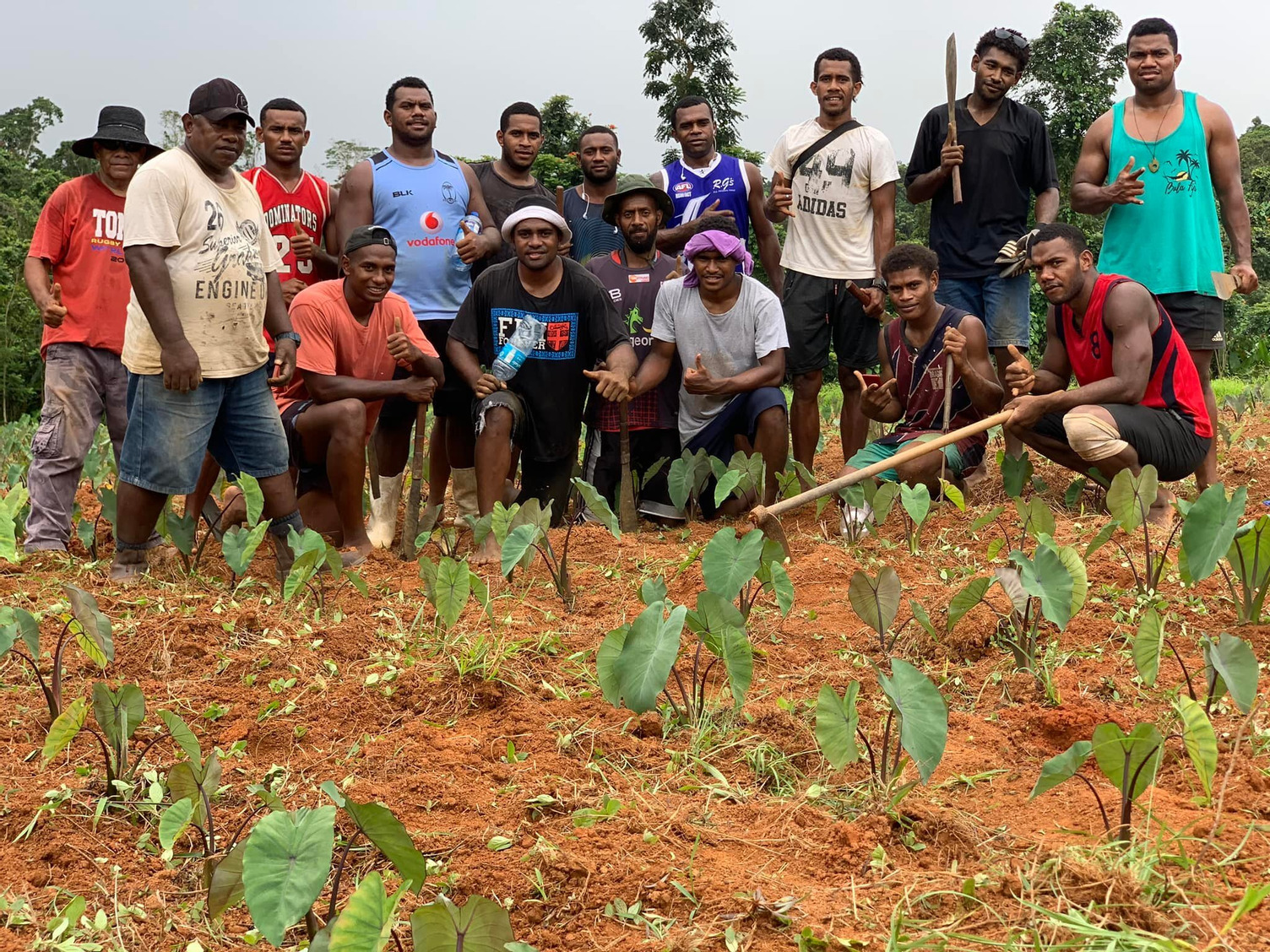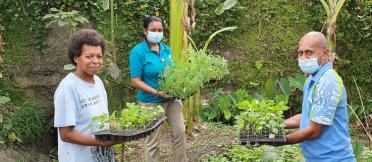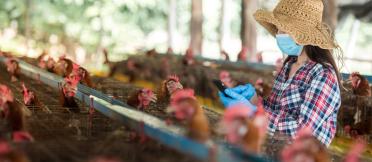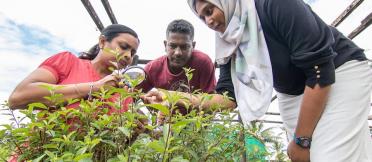- HomeHome
-
About ACIAR
- Our work
- Our people
-
Corporate information
- ACIAR Audit Committee
- Commission for International Agricultural Research
- Policy Advisory Council
- Agency reviews
- Executive remuneration disclosure
- Freedom of information (FOI)
- Gifts and benefits register
- Information publication scheme
- List of new agency files
- Contracts
- Legal services expenditure
- Privacy impact assessment register
- Commonwealth Child Safe Framework
- Benefits to Australia
- Careers
- 40 years of ACIAR
-
What we do
- Programs
- Cross-cutting areas
- Resources
- Where we work
-
Funding
- Research projects
- Fellowships
-
Scholarships
- John Allwright FellowshipScholarships to study in Australia for ACIAR partner country scientists to have Australian postgraduate qualifications
- ACIAR Pacific Agriculture Scholarships and Support and Climate Resilience Program
- Alumni Research Support Facility
- Publications
- News and Outreach
Date released
22 December 2021
Since early 2020, the COVID-19 pandemic has led to a global health and economic crisis that has disrupted the lives and livelihoods of diverse communities worldwide, including the Pacific.
ACIAR announced an Alumni Research Support Facility (ARSF) in April 2020 as a quick response to the pandemic. The ARSF offered support to research activities with the ability to deliver short-term outcomes that directly relate to the pandemic and build on the capacities of ACIAR partner countries to respond to the impact and challenges facing agriculture systems.
The ARSF grant has supported Fiji's Aradhana Deesh, a Research Officer at the Plant Protection Section in the Ministry of Agriculture, to build on the Fiji Government's home gardening initiative and distribute seedlings to women and youths who have been affected by the pandemic.
The grant has also enabled Mrs Deesh, who is part of the ACIAR-supported Meryl Williams Fellowship for the inaugural 2020 cohort, to partner up with Fijian rugby icon, Mr Seremaia Bai, to promote Agro-Rugby in Fiji.
Agro-rugby is a youth program implemented under Mr Bai's Rugby Academy in Fiji. The initiative promotes a combination of hands-on, practical agricultural skills and learning about farming as a business and rugby lesson.
Mr Bai is a Fijian rugby legend who has presented the country on various international platforms and recently finished his career playing for Leicester Tigers.
'I met Mr Bai during a consultation visit to the Ministry of Agriculture, and he shared his vision for agro-rugby and about the youths he currently works with. As I was in the initial stages of my research and was working on identifying the target groups of women and youths, I shared the details of the project, and Mr Bai was also keen to support me with the activities', she said.
Mrs Deesh further explained that the partnership was timely for them both.
'We both were working towards a goal of supporting Fijians with agriculture during the pandemic. The nation's love for rugby is well known globally, and Mr Bai helped me combine agriculture with rugby and promote it as a healthier way of living while having a way to feed your family'.
'If it was not for Mr Bai, I couldn't have been able to access my target groups,' she added.
Mr Bai added that he was grateful to partner up with Mrs Deesh.
'My life passions are farming and rugby, and I was trying to find an initiative that would let me combine the two and implement them with young and upcoming rugby players. When I came across the seedlings that Mrs Deesh was distributing through her ACIAR ARSF grant, it was a perfect opportunity to partner up', he said.
'Rugby is almost a religion in Fiji; everyone stops what they are doing and comes together to support our national teams. Agro-rugby for me is mixing rugby with agriculture. Over the years, I have seen many rugby players who don't have a way of earning money once they retire from professional rugby as it is a limited career'.
'After rugby, many of these players struggle to find livelihood opportunities. At a young age, I am trying to instil knowledge on farming and how to and plant their own food, particularly with these rugby players.
‘This pandemic has truly highlighted that no business had a foolproof mechanism except agriculture', he added.
Mr Bai's motto is simple – First, you plant for your family, then you can play for your country.
'Everyone in Fiji loves rugby and our fresh food- most people have backyards where they can start home gardening and this partnership with the Ministry of Agriculture through Mrs Deesh is providing us with the seedlings and we are using rugby as a tool to encourage youths to start home farming', he added.
Mr Bai added that agro-rugby also promoted good nutrition by eating fresh, healthy food to reduce the risk of non-communicable diseases. At the same time, the young farmers could sell and earn from the extra produce to enhance their livelihoods.
'Mrs Deesh's team has been very helpful and patient with the young farmers, and they do regular check-ups with the youths and check their seedlings and plants for any pests and diseases and conduct soil health checks. The knowledge that these youths are getting is priceless'.
'Currently, we are working with 10 families on the agro-rugby concept, and I remember the look on the young rugby players face when they harvested their first cabbage and tomatoes, they couldn't believe they did this, and they did not have this knowledge when the first wave of COVID-19 hit us. Most of these youths are now considering farming as a career', he said.
Mrs Deesh added that her research showed that beneficiaries responded better with seedlings instead of receiving seeds.
'Many of the beneficiaries have preconceived ideas that starting home gardening is hard, especially when working with seeds that needs more time and care to grow, but with seedlings, they are eager to transfer it in their backyards', she added.
ACIAR Regional Manager for the Pacific, Ms Mai Alagcan added that ACIAR was proud to support Mrs Deesh's research and her collaboration with Mr Bai.
‘Agro-rugby is such an innovative concept and a great strategy to encourage rugby players to start backyard gardening,’ said Ms Alagcan.
'Through the ARSF program, ACIAR has been able to continue investing in global research collaborations as well as scientific and policy capacity building activities in a way that directly addresses the challenges posed by the COVID-19 pandemic.’
The ARSF is delivering the knowledge and technologies that underpin more productive and sustainable agricultural systems and more resilient food systems, for the benefit of our partner countries and Australia.
Mrs Deesh’s future plans include promoting home gardening for food security through awareness programs and promoting gender equality amongst the youth through agro-rugby while encouraging good farming practices.
